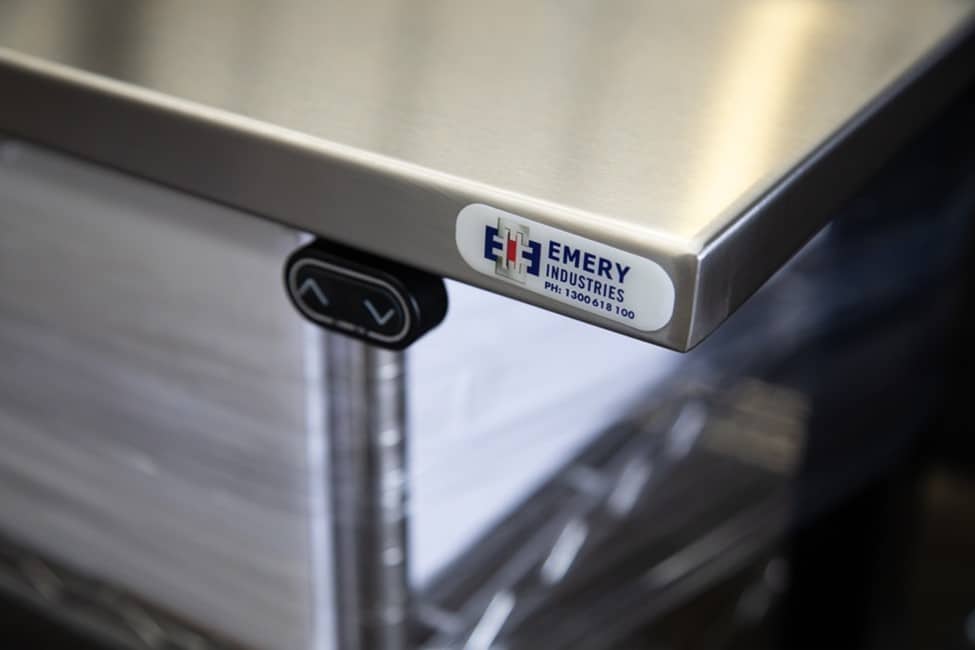Stainless Steel's Role in Food Processing
In the food processing industry, food safety and hygiene take the highest precedence. This sector frequently encounters complex challenges such as contamination risks, equipment durability, and compliance with strict regulations. Stainless steel, with its unique properties, stands as an indispensable resource, addressing these concerns while enhancing the safety and quality of food products.
One of the fundamental attributes of stainless steel is its exceptional durability and resistance to corrosion. These qualities make it ideal for food processing equipment subjected to heavy usage and rigorous cleaning procedures. Its resistance to rust, a potential contaminant in food products, is of paramount importance. With stainless steel, you are investing in longevity and continual performance.
Stainless steel, with its non-porous and smooth surface, presents an uncomplicated cleaning process. The ability to resist the harboring of harmful microorganisms becomes crucial in the food processing industry where cleanliness is a prerequisite. Whether your operation involves dairy, meats, or fruits and vegetables, stainless steel equipment simplifies cleaning, thus minimising the risk of bacterial contamination.

Stainless steel’s resilience in the face of extreme temperatures is another factor in its favor. The material stands up to the high temperatures involved in sterilisation and pasteurisation, and the low temperatures required for chilling and freezing. Neither extreme alters its structural integrity or surface properties.
Compliance with food safety regulations is non-negotiable in the food processing sector. Stainless steel assists in meeting these stringent rules, thanks to its safety and hygiene attributes. Utilising equipment and surfaces made from stainless steel aligns your business with industry standards, providing reassurance to customers, regulators, and stakeholders alike.

Unlike some other materials, stainless steel does not react with the food it comes into contact with. Even when dealing with acidic or alkaline foods, it does not leach substances, thus preserving the taste and quality of your products.
In conclusion, stainless steel plays a critical role in ensuring food safety in the food processing industry. It is not merely an option; it is a necessity for maintaining high standards of food safety and hygiene. As a trusted supplier of food service equipment, Emery Industries offers a comprehensive range of stainless steel products designed to meet the unique needs of the food processing industry. Invest in stainless
steel equipment and safeguard your reputation, regulatory compliance, and above all, your customers’ health.
Visit our Food Services Product Page to explore our extensive range of stainless steel products tailored for the food processing industry.
References:
Gorman, R. M. (2018). ‘Materials for Food
Packaging’, Food Packaging: Principles and Practice. CRC Press.
Zhang, H., & Mittal, G. (2008). ‘Novel
food packaging techniques’, Woodhead Publishing.
Brewer, M. S., & Rojas, M. D. (2008).
‘Consumer attitudes toward issues in food safety’, Journal of Food Safety.
Potineni, R. V., & Handa, A. (2003).
‘Stainless steel in food handling’, Food Safety Magazine.
Ratnam, C. T., Nasir, M., & Teoh, Y. H.
(2007). ‘Role of elastomer in food processing applications’, Food Engineering
Reviews.